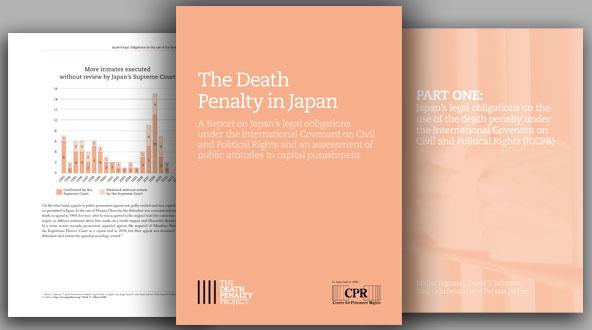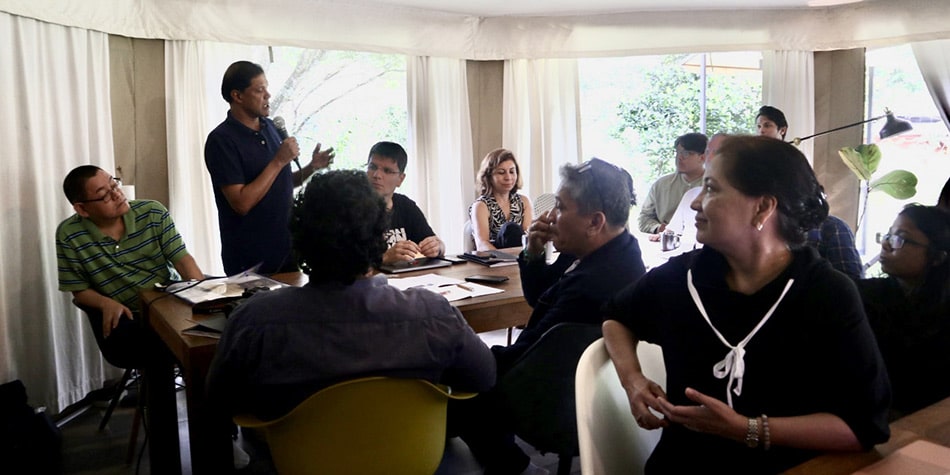
Japan in breach of international standards, opinion wavering – study
Statistics
From leading newspaper Asahi Shimbun to national television NHK, the range of media in attendance at the launch of the report The Death Penalty in Japan on 11 March in Tokyo bowled over Japanese lawyer and activist Maiko Tagusari. “I never expected to have such a wide audience,” said the secretary-general of World Coalition member Center for Prisoners’ Rights, who co-authored the report.
While coverage of death penalty issues is usually confined to a small “club” of specialist reporters covering the ministry of justice, the far-reaching event hosted by the UK embassy attracted mainstream journalists as well as barristers and members of parliament from several parties, including a former justice minister.
Saul Lehrfreund, the executive director of the Death Penalty Project – the UK-based legal and advocacy group behind the publication – hopes the report will “be a tool for litigation” in local capital cases. “We’d like the Japanese authorities to stop enforcing executions on the basis of the problems we have found,” he added, while acknowledging the government’s reaction was hard to predict.
“Japan’s system of capital punishment is seriously flawed”
The 68-page in-depth study of Japan’s use of the death penalty and public attitudes to that punishment is damning.
“From the overly broad scope of Japan’s capital statutes, to the de-facto death of executive clemency, to the ill-treatment of inmates on death row and the possibility of execution without appeal, to problems of access to capable defence counsel and to potentially mitigating or exonerating evidence possessed by prosecutors, Japan’s system of capital punishment is seriously flawed,” the authors wrote.
Their methodical analysis of the country’s obligations as a state party to the International Covenant on Civil and Political Rights found numerous breaches associated with the use of capital punishment. “Until this gap is either eliminated or significantly reduced in size, Japan will remain an international outlier with respect to ‘the gravest real-life problem in the law’,” the report reads.
Skewed opinion polls
The second half of the report questions opinion polls taken every five years by the government. The 2009 edition concluded that 86 % of respondents support the death penalty, thus justifying its retention.
Dr Mai Sato, a Japanese research fellow at the University of Oxford, first pointed out that the government survey offered respondents a choice between a “narrow” abolitionist statement (“the death penalty should be abolished under all circumstances”) and a “wide” retentionist one (“the death penalty is unavoidable in some cases”).
Dr Sato then examined detailed results and conducted separate surveys using more neutral questions as well as separate samples of citizens with different levels of information on the death penalty.
“The findings of the three studies discussed above demonstrate that a considerable proportion of the Japanese public do not have strong opinions about the death penalty, and that even those who express strong support for capital punishment modify their views in response to new information,” she concluded.
“The Japanese Federation of Bar Associations had started to analyse government surveys. This practical and scientific approach is useful and Mai Sato’s findings are very convincing,” said Maiko Tagusari.
Such collaboration between local and foreign experts on issues ranging from international law to local practices and attitudes has added credibility to the study. “We could not just parachute in our opinion. We could not have done it without local contributors,” said Saul Lehrfreund.







